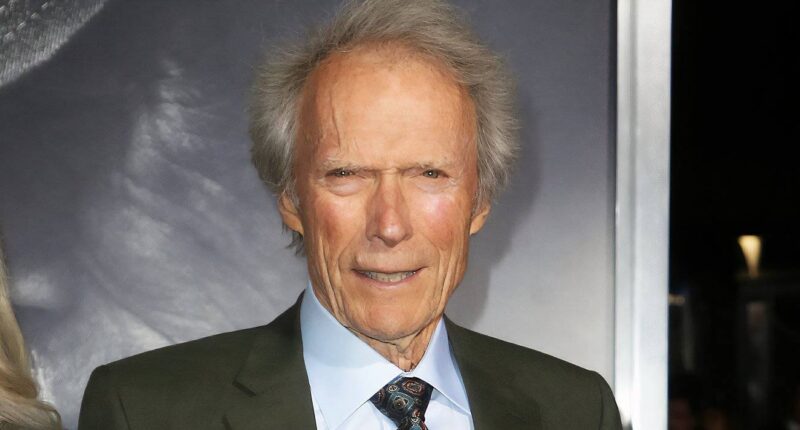He has been referred to as “The Man with No Name” because of his roles in classic westerns like A Fist Full of Dollars, The Outlaw Josey Whales, and High Plains Drifter. But in 1982, Clint Eastwood directed a western of a different kind that scored 93% on Rotten Tomatoes. Alongside his son, Kyle Eastwood (not Scott Eastwood, his other offspring who starred in Suicide Squad and The Fate of the Furious), Clint transformed his grim and vengeful persona, often displayed as the vindictive gunslinger, into that of a troubled but hopeful country musician seeking to fulfill his dream. That somewhat forgotten film was Honkytonk Man.
Coming off the heels of the lighthearted comedy Bronco Billy, which Eastwood also directed, the Hollywood star decided to craft a tragic drama with comedic undertones. In the film, Eastwood plays an alcoholic country musician, Red Stovall, who, while dying from tuberculosis, travels with his nephew, Whit (Kyle), to Nashville to perform at the Grand Ole Opry.
‘Honkytonk Man’ Shows Why You Shouldn’t Pigeonhole Clint Eastwood
Set during the Great Depression, Eastwood portrays a character with a rough exterior and serious demeanor, but he has a gentleness to him that allows others to see the compassion inside. Red is tough and wily, but approachable, which leads to humorous moments throughout the film in which he gets very close to obtaining his prize or fortune, but fails before it comes to fruition. Very much his worst enemy, Red uses his nephew Whit, who he affectionately calls “Hoss,” to watch over him as something of an immature guardian angel, consistently rescuing him from trouble.
Indeed, unlike many of Eastwood’s other iconic characters, Red has a soft underbelly that invites empathy — a far cry from the near-emotional vacancy of his “man with no name”. It is the dichotomy between Eastwood’s vulnerable character and his familial companion that allows the film to flourish with comedy. Whether it’s when Red is deceived in a scheme to rob a restaurant, or when his nephew has a coming-of-age encounter at a brothel, these moments of levity along the mad-cap journey, create a tenderness that is identifiable and engaging.
If you wanted another reason not to pigeonhole Eastwood, Honkytonk Man is certainly it, with the actor displaying a kind of soft vulnerability that was too rarely seen throughout his acting career. Effortlessly charming, it is this softness that gives the film its innate charm, standing out as one of the actors most revealing performances and movies in his remarkable filmmography, sitting beside the likes of other surprising roles in the excellent Bridges of Madison County, thrilling Play Misty for Me and the downright bad Paint Your Wagon.
‘Honkytonk Man’ Is a Poignant Tale of Family Values
But, Honkytonk Man isn’t just a vehicle for Eastwood to flex his acting muscles, it’s a fascinating film in and of itself that explores generational family values, made all the more pertinent by the fact that the actor’s son plays his young co-star. Although it is noticeable that Kyle Eastwood is inexperienced and new to the world of acting, this plays well in the film, with the young star interacting with his father with an honest, authentic innocence that is difficult to extract from older actors.
The benefit of this chemistry truly becomes apparent at the end of the film when Red’s fulfillment in his life is realized, albeit in tragic circumstances. Succumbed to tuberculosis without finding the musical acclaim he had so desired, Red finds himself on his deathbed at the film’s conclusion, and, as he takes his last breath, reaches out to grab Whit’s hand. It’s a poignant moment, made all the more moving by the fact that, once Whit leaves the bed, sporting his uncle’s hat and guitar to continue his legacy, Red’s song, “Honkytonk Man,” can be heard over the radio. The fulfillment of his lifelong dream materializes even if he was “a day late and a dollar short,” as punctuated throughout the film.
Unlike the faster pace of his iconic western movies, Eastwood’s tempo in this film is slower and deliberate, directing a film that builds a rapport with the audience by decelerating and giving the plot some emotional complexity. When all is said and done, Honkytonk Man displays a different side of Eastwood’s acting, exploring the theme of generational values and the morals passed from one generation to another.









